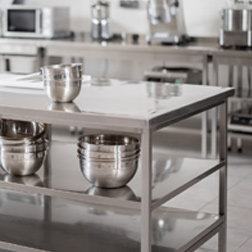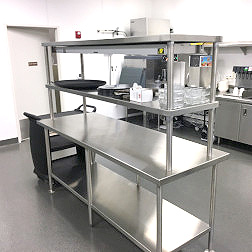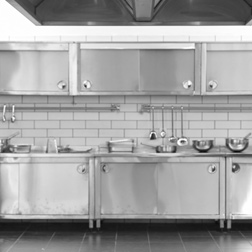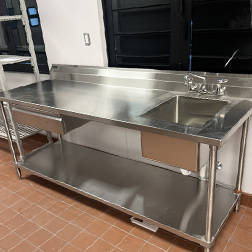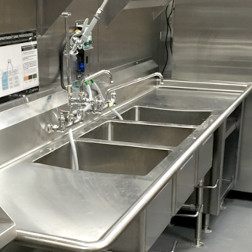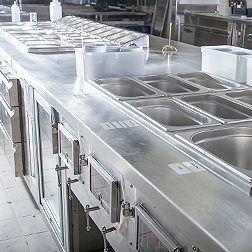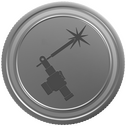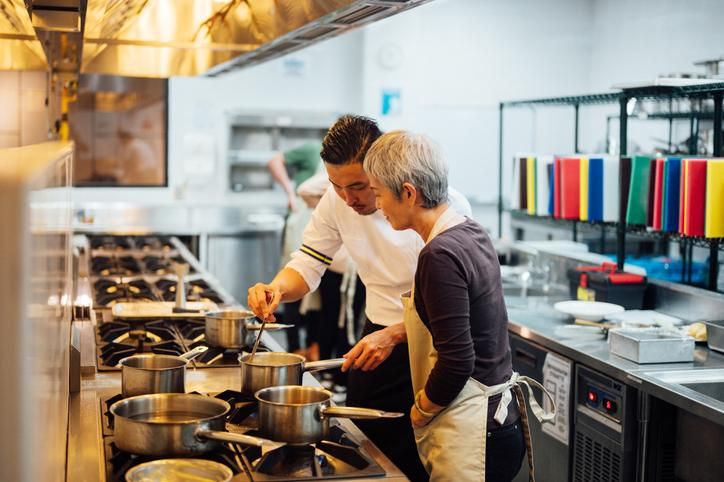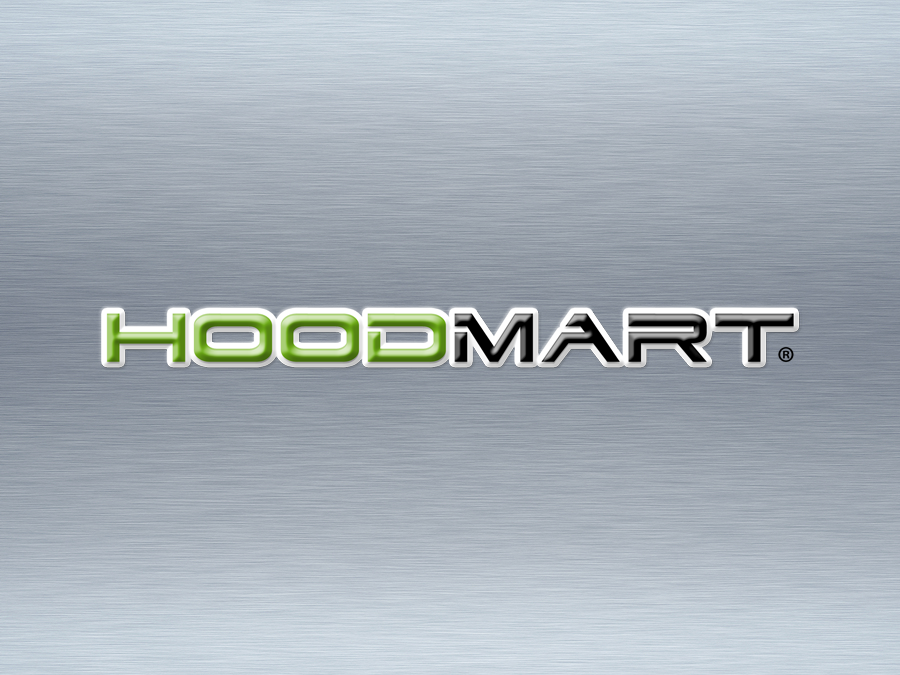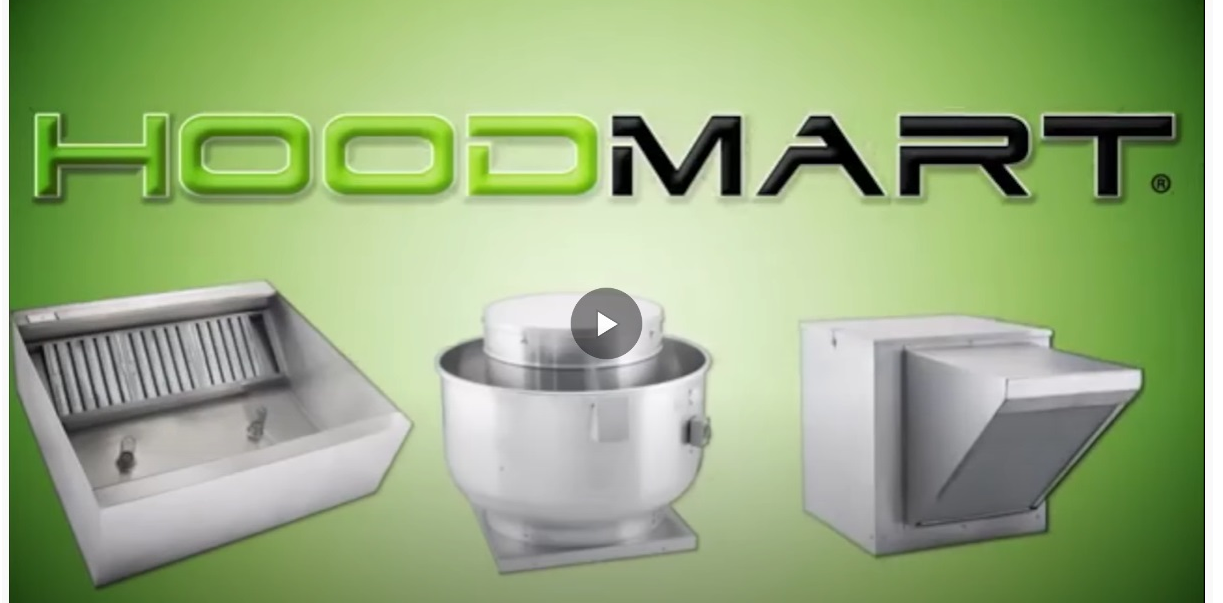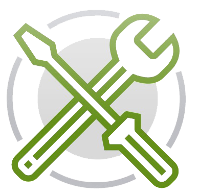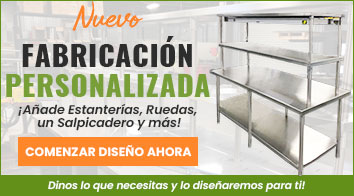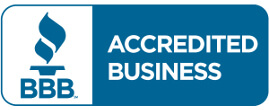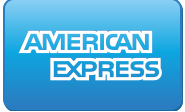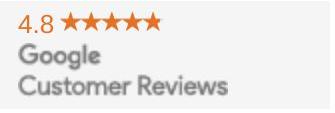We use cookies to help improve our services, make personal offers, and enhance your experience. If you do not accept optional cookies below, your experience may be affected. If you want to know more, please read the Aprende más.
How to Maintain Your Kitchen Hood for Optimal Performance | Hoodmart
How to Maintain Your Kitchen Hood for Optimal Performance | Hoodmart
- Junio 28, 2023
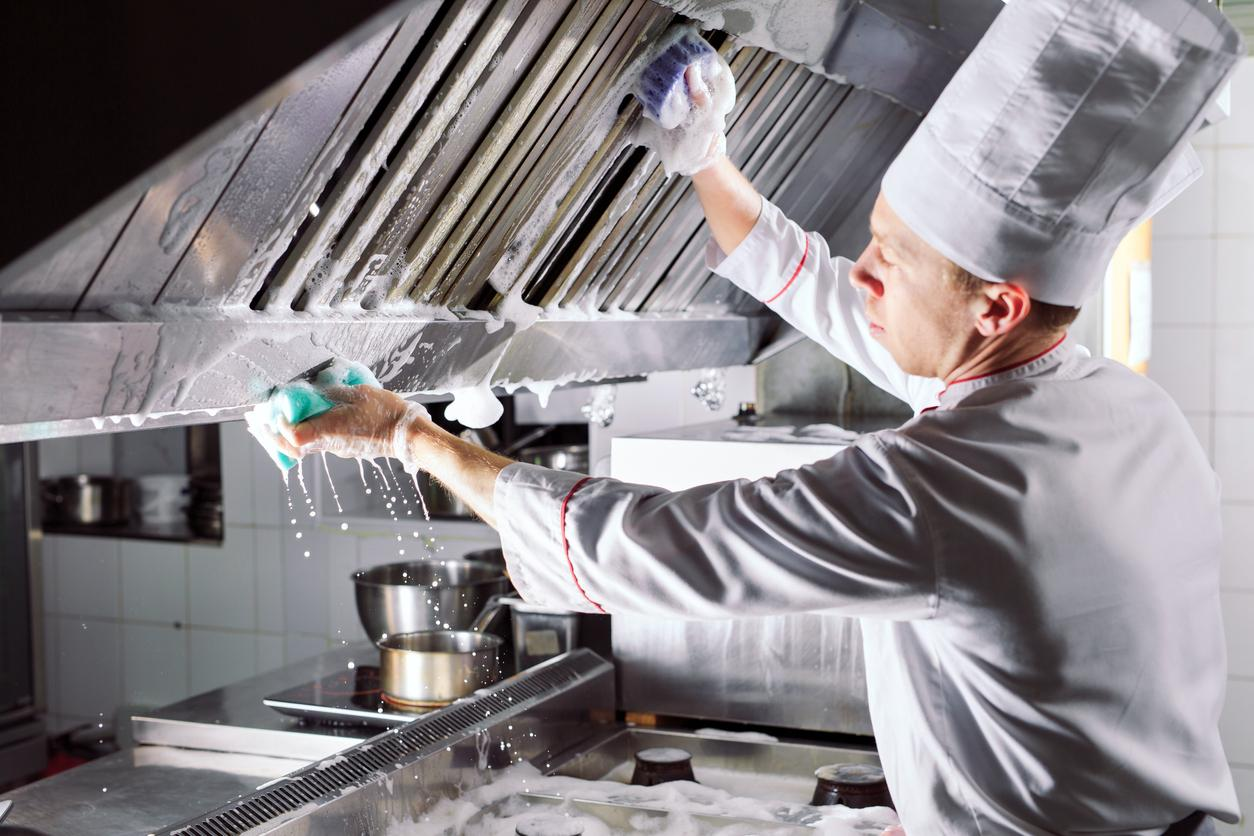
Your commercial kitchen range hood is a significant investment in your business; learn how to keep it performing at its best from the experts at Hoodmart!
Introduction
Proper maintenance of your commercial kitchen hood is crucial for optimal performance, ensuring a safe and clean working environment. Regular maintenance extends the lifespan of your ventilation hood and helps prevent costly repairs and potential fire hazards. In this article, the experts at Hoodmart will provide essential tips on maintaining your kitchen hood, highlighting tasks that restaurant owners can safely complete themselves and calling out those requiring professional attention.
Cleaning the Hood and Grease Filters
Regular cleaning of the kitchen hood and grease filters is a vital maintenance task that can be performed by restaurant owners or designated kitchen staff. Here's what to do:
a. Remove Grease Buildup: Wearing protective gloves, remove and clean the grease buildup from the exterior surfaces of the hood using a degreaser or a mixture of warm water and mild detergent. Avoid using abrasive cleaners that can damage the hood's finish.
b. Clean Grease Filters: Grease filters should be cleaned regularly to ensure proper airflow and prevent grease buildup. Depending on the type of filter, you can either wash them in a sink with warm soapy water or place them in a dishwasher if they are dishwasher-safe. Once cleaned, allow them to air-dry completely before reinstallation.
c. Check and Clean Exhaust Fan Blades: Periodically inspect the fan blades for any buildup of grease or debris. Use a soft-bristled brush or a damp cloth to carefully clean the blades. Ensure that the fan is switched off and disconnected before attempting any cleaning. For an added layer of safety, flip the breaker when possible to eliminate the risk of accidents.
Inspecting and Cleaning Ductwork
While cleaning the hood and grease filters can be done by restaurant owners or trained kitchen staff, inspecting and cleaning the ductwork should be left to professionals due to the complexity of the task and most local health code regulations. Here's why:
a. Professional Inspection: Schedule regular professional inspections to assess the condition of your kitchen hood ductwork. Professionals can identify any blockages, leaks, or signs of damage that may impede the proper functioning of your hood.
b. Professional Cleaning: Ductwork cleaning involves specialized equipment and expertise to ensure a thorough and effective cleaning process. Trained professionals will use techniques such as power brushing and high-pressure air to remove accumulated grease, debris, and other contaminants from the ductwork.
Fire Suppression System Maintenance
Certified professionals should always carry out the maintenance and inspection of your kitchen hood's fire suppression system. Here's why:
a. Regular Inspections: Fire suppression systems should be inspected and tested according to the manufacturer's recommendations and local fire safety regulations. Certified professionals can identify issues, replace expired components, and ensure the system functions optimally.
b. Professional Servicing: Servicing and maintenance of fire suppression systems require specialized knowledge and expertise. Trained professionals will ensure that all components, such as nozzles, control panels, and detection systems, are clean, functional, and compliant with regulations.
While taking a less-costly DIY approach is tempting, many local fire code regulations will require maintenance records that prove licensed technicians completed work. Not using the right professionals can jeopardize your equipment's functionality and put you at risk of inspection violations, fines, or even closures. Trust us; this is one area where you don’t want to take shortcuts!
Regular Professional Servicing
Fire suppression systems aren’t the only commercial kitchen equipment that requires maintenance by certified technicians. To ensure the long-term performance and safety of your kitchen hood, it is recommended to schedule regular professional servicing by trained technicians. Here are some critical aspects of professional servicing:
a. Motor and Fan Inspection: Professionals will inspect the hood's motor and fan to ensure they operate smoothly and efficiently. They will also lubricate the motor and check for any signs of wear or damage.
b. Electrical Connections: Technicians will inspect the electrical connections of the hood, ensuring they are secure and free from corrosion or damage. They will also check for proper grounding.
c. Calibration of Controls: Professionals will calibrate the controls to ensure accurate and precise functionality. This includes adjusting the settings for fan speed, airflow, and lighting to meet the specific requirements of your kitchen. Proper calibration ensures that the kitchen hood operates efficiently, removing contaminants effectively and maintaining a comfortable working environment.
Conclusion
Proper maintenance of your commercial kitchen hood is essential for its optimal performance and the safety of your establishment. While there are tasks that restaurant owners can safely complete themselves, such as cleaning the hood and grease filters, it's essential to recognize the maintenance areas that require the expertise of professionals.
Tasks like inspecting and cleaning the ductwork, servicing the fire suppression system, and conducting any inspection or maintenance required by local health or fire codes should be left to certified technicians. These professionals have the knowledge, experience, and specialized equipment to ensure that your kitchen hood operates efficiently and complies with safety regulations.
By following a regular maintenance schedule and working in partnership with professionals, you can ensure that your kitchen hood remains in top condition. This enhances its performance and reduces the risk of fire hazards, improves air quality, and promotes a safe working environment for your staff.
Still have questions? Talk to an expert at Hoodmart today!



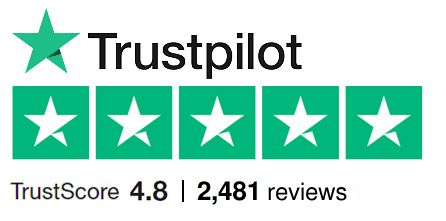



 CUSTOM FABRICATOR
CUSTOM FABRICATOR
